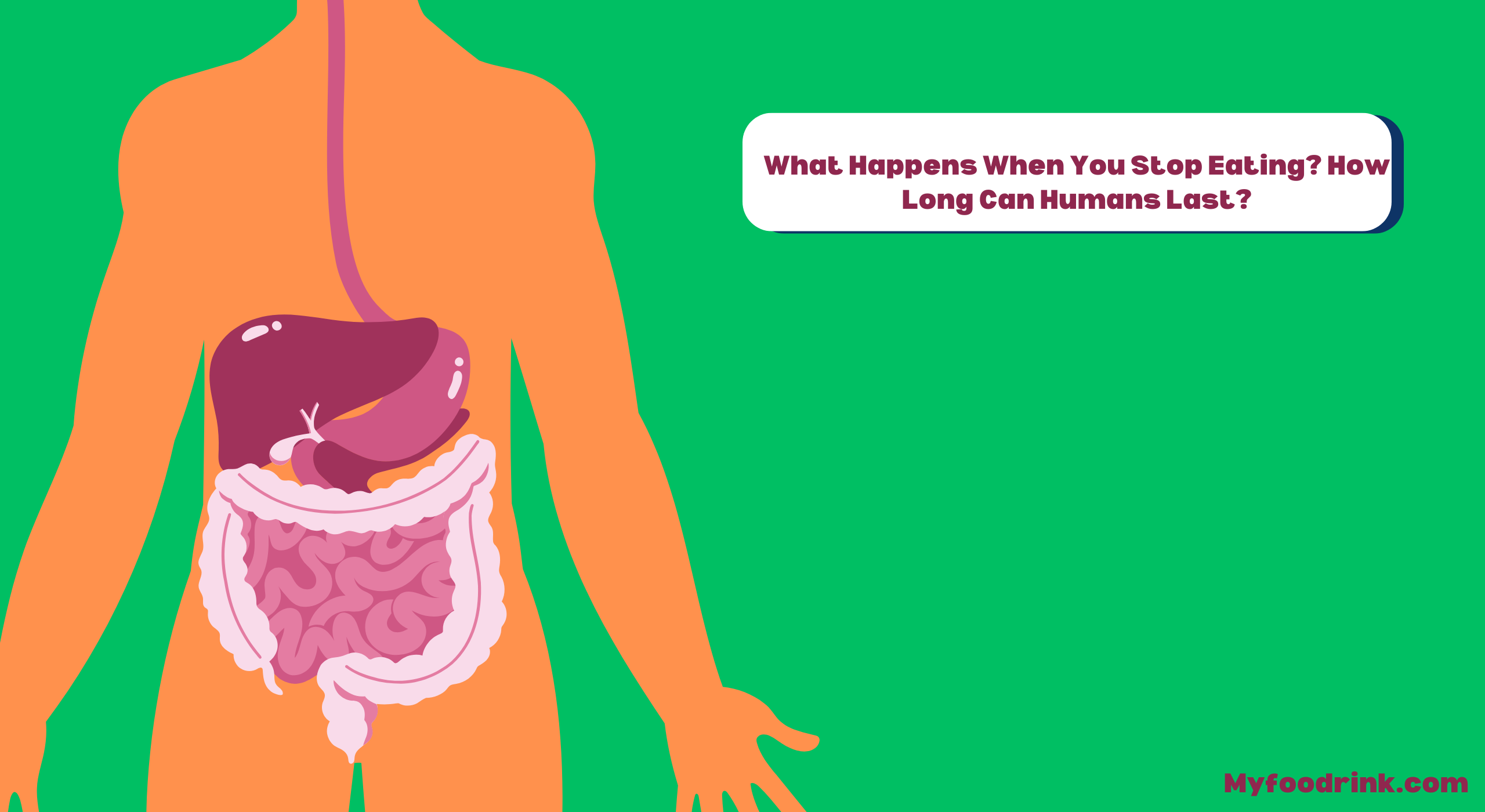The human body is an incredible system designed to survive in challenging conditions. But what happens when you stop eating? How long can a person survive without food? Exploring the body’s response to starvation reveals critical insights into survival limits and associated health risks..
The Science of Survival Without Food
When you stop eating, your body begins to tap into its energy reserves to sustain itself. Here are the stages your body undergoes during prolonged fasting or starvation:
- Glycogen Depletion (0-24 Hours):
- The body first uses glycogen stored in the liver and muscles as its primary energy source. This phase typically lasts about 24 hours.
- Symptoms: Mild fatigue, hunger pangs, and lower energy levels.
- Fat Burning and Ketosis (2-7 Days):
- Once glycogen is depleted, the body switches to burning fat for energy. This process produces ketones, which serve as an alternative fuel for the brain.
- Symptoms: Increased fatigue, potential dizziness, and reduced cognitive clarity.
- Muscle Breakdown and Protein Utilization (1-3 Weeks):
- As fat stores diminish, the body begins to break down muscle tissue to extract amino acids for energy. This is a critical phase where the body struggles to maintain essential functions.
- Symptoms: Weakness, organ strain, and compromised immunity.
- Organ Failure (3-8 Weeks):
- Prolonged starvation leads to organ failure as the body depletes its vital reserves. Death usually occurs due to cardiac arrest, dehydration, or severe malnutrition.
Factors That Influence Survival Without Food
The length of time a person can survive without food varies based on several factors:
- Hydration: Staying hydrated significantly extends survival time, as water is essential for cellular and organ function.
- Body Composition: Individuals with higher fat reserves may survive longer due to increased energy stores.
- Health Status: Pre-existing health conditions or chronic illnesses can shorten survival time.
- Environment: Temperature, activity level, and access to shelter impact energy expenditure and survival.
Risks of Prolonged Starvation
Stopping food intake can have severe consequences, including:
- Malnutrition: Deficiency in essential vitamins and minerals.
- Dehydration: Often fatal within 3-5 days without water.
- Weakened Immune System: Increased susceptibility to infections.
- Organ Damage: Irreversible damage to the liver, kidneys, and heart.
Survival Myths and Realities
Myth: “You can survive for months without eating as long as you drink water.” Reality: While water extends survival, the body’s energy and nutrient reserves will eventually deplete, leading to fatal complications.
Myth: “Fasting and starvation are the same.” Reality: Fasting is typically controlled and temporary, whereas starvation is prolonged and harmful.
How to Support Your Body During Fasting
If you’re considering fasting for health reasons, ensure you do so safely:
- Stay hydrated with water, herbal teas, or electrolyte solutions.
- Limit fasting to a manageable duration (e.g., intermittent fasting).
- Consult a healthcare provider before starting any fasting regimen, especially if you have medical conditions.
Final Thoughts
The human body can endure remarkable challenges, but survival without food has clear limits. Understanding the physiological and health risks of prolonged fasting or starvation is crucial for making informed decisions about diet and wellness. Always prioritize balance and consult professionals when exploring fasting practices.

